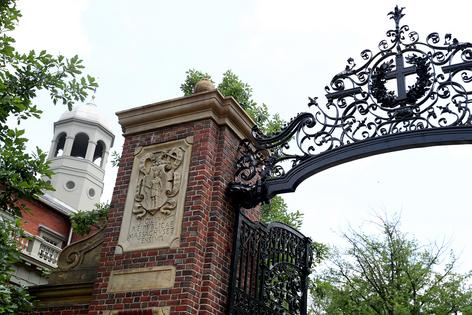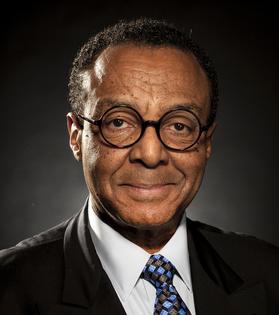Maybe ‘Supply-Side’ Affirmative Action Would Work Better
Could this be the beginning of the end for affirmative action?
We’ve heard that question before, especially after the Supreme Court’s 2003 Grutter v. Bollinger decision narrowly upheld the practice in college admissions.
In writing that opinion, conservative Justice Sandra Day O’Connor, a known critic of racial preferences, nevertheless managed to justify her decisive vote to uphold the practice by suggesting something like a sunset clause.
“We expect that 25 years from now, the use of racial preferences will no longer be necessary,” she wrote, “to further the interest (in student body diversity) approved today.”
Alas, 19 years later, her optimistic expectation still sounds like a judicial version of kicking the can down the road.
The high court agreed Monday to take a new look at the question of affirmative action in higher education by hearing a case challenging the use of race as one factor in admissions to Harvard University and the University of North Carolina.
The court will be considering not only how the two universities operate their affirmative action programs, but also how 43 years of earlier court decisions raise questions about whether race can ever play a role in admissions decisions.
And since the court’s intrusion into the policies at an elite private university and a flagship state university is based on the fact that both receive federal funds, their decision could ultimately apply to race-based policies in public schools in the lower grades, too.
O’Connor retired in 2018 for health reasons and a more conservative Supreme Court, with three new Trump-appointed conservatives, is making the fate of affirmative action look more endangered than ever.
And more than ever, I find myself asking, if affirmative action does go away, how much will anyone notice?
The answer, I suspect, will depend on how well these programs are living up to their promise by their universities that they are opening up opportunities without also being seen as unfairly closing the door on others, based on their race.
As the debate heated up again, a Pew Research Center poll in 2019 found that an overwhelming 73% of Americans said colleges and universities should not consider race or ethnicity when making decisions about student admissions. Just 7% say race should be a major factor in college admissions, while 19% say it should be a minor factor.
That shouldn’t be too surprising. Race-based policies go up against what most people perceive to be fair, including most African Americans, as expressed in the Rev. Martin Luther King Jr., dream of everyone being “judged not by the color of their skin but the content of their character.”
But that, alas, is still a dream. In college admissions, people vary a lot on how they think that dream can best be achieved. Some 38% of college graduates were more likely than those with less education to say colleges should consider race as a major or minor factor compared with 22% of those without a bachelor’s degree.
Yet, as a Black first-generation college grad who generally would like to see more opportunities based on class than on race, I was encouraged to see that 57% of the Americans polled thought that being a first-generation college student should be considered in admissions decisions, compared to 43% who felt it shouldn’t.
And the most explosive allegation made by the group that sued Harvard is the charge that the university allowed racism to skew their decisions against Asian American applicants in a modern version of the quotas that limited enrollment by Jews in elite universities in past decades.
Instead of religion, Harvard is accused of using a subjective standard to gauge traits such as likability, courage and kindness to construct a biased standard against them. Lawyers for Harvard deny that while also pointing out that race-conscious admissions policies are lawful.
That could change, depending on what the Supremes decide. While I eagerly await the arguments, expected to come in the fall session, I’m also hoping to see more effort in our country to produce what I call “supply-side” affirmative action — programs and policies to raise the academic performance of all young Americans. That way, when the doors of opportunity open up, as my grandma used to say, there will be ample numbers ready to step inside.
========
(E-mail Clarence Page at cpage@chicagotribune.com.)
©2022 Clarence Page. Distributed by Tribune Content Agency, LLC.
(c) 2022 CLARENCE PAGE DISTRIBUTED BY TRIBUNE MEDIA SERVICES, INC.










